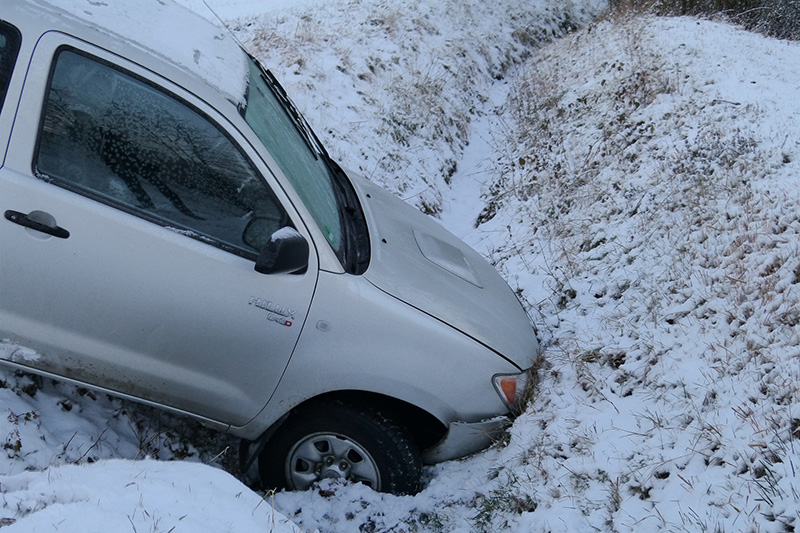Table of Contents
Last Updated on November 1, 2023 by Team Spinfuel

A car accident can be a chaotic and distressing experience, leaving those involved shaken and disoriented. In the immediate aftermath, it’s essential to prioritize safety and ensure that everyone receives the necessary medical attention. However, amidst the turmoil, it’s equally crucial to recognize the importance of documenting evidence. Properly documenting the scene, injuries, and relevant information can play a pivotal role in establishing liability and obtaining fair compensation for your losses. In this blog, we’ll explore why documenting evidence after a car accident is so vital.
1. Establishing Liability in a Car Accident
One of the primary reasons for documenting evidence is to establish liability, which determines who is legally responsible for the accident. In many cases, liability can be contested, and having strong evidence can be the key to proving your case.
a. Photographs: Take pictures of the accident scene, including the position of the vehicles, any damage sustained, road conditions, traffic signs or signals, and any contributing factors like skid marks or debris. These photographs can serve as crucial visual evidence to illustrate how the accident occurred.
b. Witness Statements: If there are witnesses present, obtain their contact information and statements about what they saw. Witnesses can provide unbiased accounts of the events leading up to the accident, which can be invaluable when determining fault.
c. Police Report: Contact law enforcement to report the accident. The police will document the incident and create an official accident report. Be sure to request a copy of this report, as it typically includes details about the accident, statements from involved parties and witnesses, and any citations issued.
2. Determining the Extent of Injuries
Documenting your injuries and their extent is crucial for both medical treatment and any potential legal claims. After the accident, seek medical attention immediately, even if you believe your injuries are minor or non-existent. Some injuries may not manifest symptoms right away but can worsen over time.
a. Medical Records: Keep copies of all medical records, bills, and prescriptions related to your injuries. This documentation establishes a clear link between the accident and your injuries, helping to demonstrate the need for medical treatment and compensation.
b. Photographs of Injuries: Take photographs of your injuries as they heal. These images provide visual evidence of the extent of your injuries and can be compelling in court.
3. Supporting Your Car Accident Insurance Claim
When filing an insurance claim, having proper documentation can streamline the process and improve your chances of a successful claim. Insurance companies often require detailed evidence to assess the extent of damages and injuries.
a. Proof of Damages: Keep records of any expenses related to the accident, such as vehicle repair bills, rental car costs, and medical bills. This documentation helps justify the compensation you’re seeking from the insurance company.
b. Written Statements: Provide clear and concise written statements to your insurance company, detailing the events of the accident, your injuries, and any other relevant information. Supporting these statements with evidence strengthens your claim.
4. Protecting Your Legal Rights
In some cases, disputes with insurance companies or other parties may arise, necessitating legal action to seek fair compensation for your losses. Properly documented evidence can significantly bolster your case in court.
a. Consultation with an Attorney: If you’re considering legal action, consult with a personal injury slam dunk lawyer. They can advise you on the strength of your case, help gather additional evidence, and represent your interests in negotiations or in court.
b. Preservation of Evidence: Documenting evidence helps ensure that crucial information is preserved, especially if the accident scene changes or witnesses’ memories fade over time. Timely documentation can help prevent the loss of essential evidence.
Conclusion
The importance of documenting evidence after a car accident cannot be overstated. Whether you are seeking compensation through an insurance claim or pursuing a legal case, thorough documentation can make a significant difference in the outcome. From photographs of the scene and injuries to witness statements and medical records, the evidence you collect can help establish liability, support your claim, and protect your legal rights. In the aftermath of a car accident, remember that meticulous documentation is not only an essential step towards recovery but also a valuable tool for obtaining the justice and compensation you deserve.








